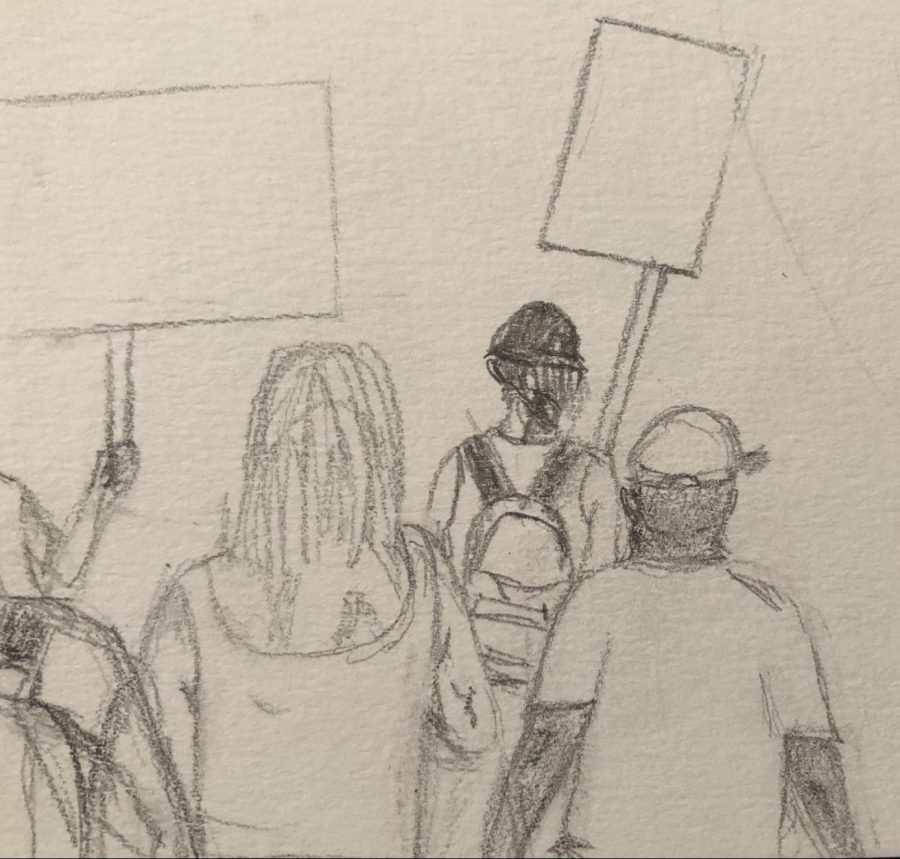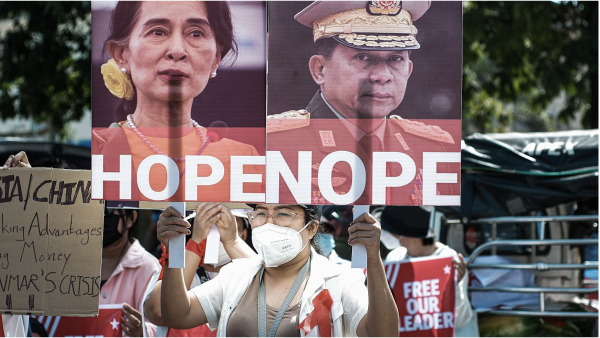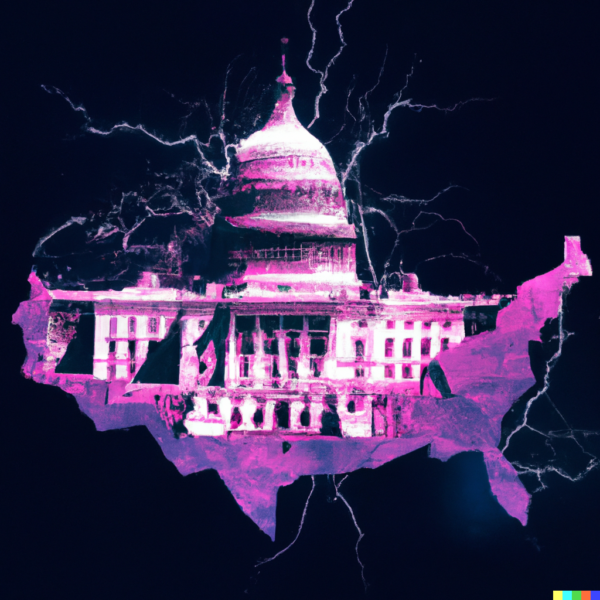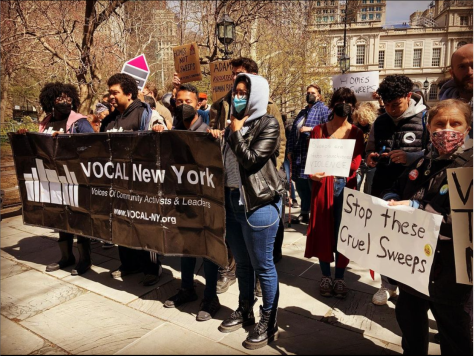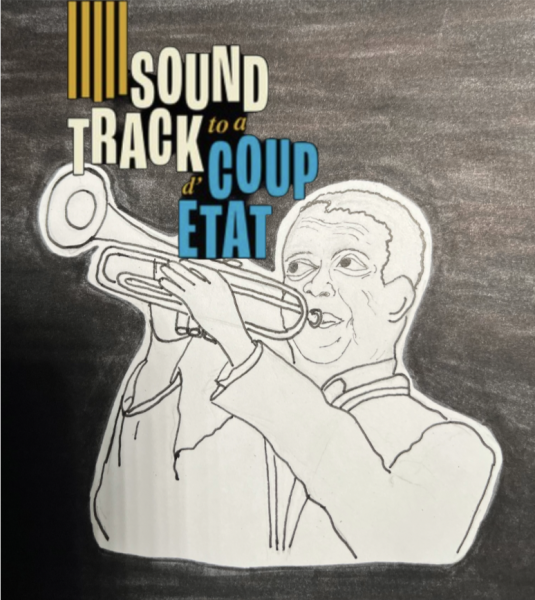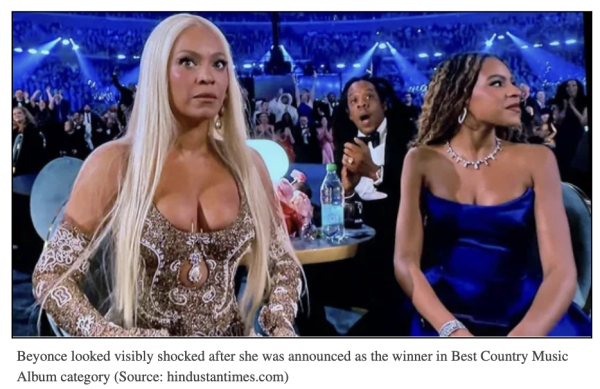It’s Not Over: How and Why Students Should Stay Politically Active
Photo by Tara Byrne
This past election has been one of the most polarizing in American history, and now that it’s over, and has gone the right way, it is easy to sit back, wipe your brow, and pat yourself on the back. And rightly so, because we’ve dodged a bullet. Every contribution, whether it was working as a poll worker, helping out at voter registration drives, encouraging your family members to vote, or voting yourselves, was a part of this victory. And given its size, it is easy to think that from now on, everything will be smooth sailing. However, that is dangerously far from the truth.
The election of Joe Biden as President will stop Donald Trump from doing even more harm, and will hopefully cause America to begin tackling important issues such as climate change and inequality. However, the nature of Biden’s role means that a lot of the things that we deem important will not be under his control. Though change in important issues can come from the federal level, it is much more likely that reforms will be implemented locally. Besides, Joe Biden himself is not a social reformer by any means; in fact, a recent article in The Economist stated that “the flaw in Mr. Biden’s plans is that in some areas they are not far-reaching enough.” Therefore, those pushing for further change should not be content with Mr. Biden’s election and think that they are done doing so. While this country is headed in the right direction, there is a lot of track to make up, and that won’t all come from the president-elect. We have to take it upon ourselves. The positive effects of political activism, no matter how small, were evident in this election, and it is necessary to ensure that they continue to have an impact.
One way to do that is to turn our attention to local, city, and state governments. These institutions have a crucial say in many of the issues that were “on the ballot” this election year, like abortion-rights laws, environmental laws, gun laws, or police-department funding. Therefore, though it is important to have a president who sides with you on these issues, local governments may well prove to be more consequential. Important local offices include the state governor, members of the state legislature, members of the state supreme court, city council, district attorney, public advocate, and mayor. These people decide on the state or city’s budget, which projects (sustainable or not) get funding, and what resources each department (like the New York Police Department) gets. They also write most of the laws that actually affect us and our community, like education policies, abortion laws, and environmental conservation laws. Our local governments, though not as celebrated as the executive branch, have as much of an impact on our communities as the federal government, and we can have tangible effects on their decisions.
So how do we do that?
The first step is to make sure that constituents are aware of the direct change they can make in their own lives because they can’t do anything if they’re oblivious to the opportunity. Thus, it is important to disseminate relevant information, such as what legislative positions are in contention, why they are important, and when they can be voted on, by any means necessary. Many of the tactics used for this general election, such as voter-registration drives for anyone who is not already registered, or newly eligible voters can be helpful, as can be working at polling stations. Many of you might have seen the lines of socially distanced voters that snaked around blocks in the past weeks. People who voted lost significant portions of their days, and while they may have made that tradeoff in the face of one of the most consequential elections in American history, they may not do the same for local elections which are deemed less important. Alternatively, their employer might make that distinction for them. Therefore, many eligible voters might not be able to go out and vote once again. So doing anything in your power—like working at a polling station—to ensure that the process goes quickly and efficiently is a boon to the fight against effective disenfranchisement.
But this all stems from people knowing that there is this chance for change, and so anything you can do to disseminate that message is the prerogative. You can do your own research about local candidates whose policies align with your beliefs. Information like this may not be common knowledge, and you can be the person to disseminate this to eligible voters. This way, we can ensure that the things that we want to see can happen in our communities regardless of what goes on in Washington.
There are also ways to get involved in the issues that matter to you, independent of elections. Protesting for causes that you care about is always a positive thing, and in a diverse city like New York, you will always find like-minded people. If you feel strongly about welcoming immigrants, the New York Immigration Coalition connects more than 200 organizations aiding immigrants with legal help and guidance, among other things, and there are several more organizations like it. NYC For Abortion Rights is an organization that fights for the legalization of abortion throughout America, and they are also open to youth involvement. The Trevor Project works with suicide prevention among LGBTQ+ youth, offering a 24/7 suicide-prevention hotline, workshops, and numerous other programs to help minimize the amount of LGBTQ+ lives lost to suicide. The Center for Court Innovation conducts research to try to make our justice system more humane and equal, fighting to make sure minorities get a fair shake. Even more locally, there are UNIS organizations like the Equity and Inclusion Board, which is dealing with race and diversity in our immediate school community. It’s possible to fill hundreds of pages on accessible organizations that you can get involved in, but the point is that whatever you are fighting for, others are doing the same. Many of these organizations have youth branches, and many allow you to start helping right away. Through them, it is possible to have an impact. Especially in the world of social media, it is easy to find and join like-minded people in doing things you believe in, particularly in New York. So take that opportunity.
Also, it is important to remember that there is a world beyond the USA; one with many problems. This is especially important for UNIS students, many of whom hail from different countries around the world. There is a forced annexation of Armenian land by Azerbaijan going on as I write, a wave of terrorist attacks and Islamophobia sweeping over Europe, a genocide of Uyghur Muslims in China and Rohingya Muslims in Myanmar, and countless other shocking and un-ignorable issues, none of which can be solved by this election. So let’s not ignore them.
Though it may seem impossible to affect these far-away issues, we have to at least try. The first way to do that, as always, is to talk about them. Once it is known that there is a problem, then everything else can follow. So try to do that as much as you can. Raise awareness on ignored issues, spread the messages of unheard groups, and if you have the chance to take part in any concrete action — to go out and protest, to change someone’s mind — take it. A single action will not solve these problems, but actions can have ripple effects, and eventually, tangible impacts. Don’t make the mistake of being too focused on what’s happening here to focus on the rest of the world, of being too shy to speak up about something that’s happening where you’re from, of not getting mad when people ignore you, of not trying.
There are international organizations that try to deal with problems overseas, which you can be involved in too. Human Rights Watch is an example of such an organization, researching human rights violations all over the world. Similar to the local organizations, these are plenty and easy to find, especially in NYC as many of them have headquarters here. Again, the opportunities are there for the taking.
This election was an overwhelmingly positive event and a significant shift in the momentum of American politics. But we cannot think that the job is done, because there is too much more to do. It is easy to be opinionated and political when faced with polarizing elections like the one we just experienced, but it is essential to keep these qualities for the future, and that requires effort. If we fall into complacency, we risk not making the most of the significant momentum that this election has provided, ignoring pressing problems, and not pursuing accessible solutions. I know that “being politically active” sounds grand and difficult in a time during which, unlike the past few months, we aren’t confronted with politics everywhere we turn, and where we may have other preoccupations. But it’s not that steep of an order. All it really means is staying informed, being aware of what’s going on, talking about it, and understanding that you have the ability and the resources to make a difference; everything else will stem from that.



